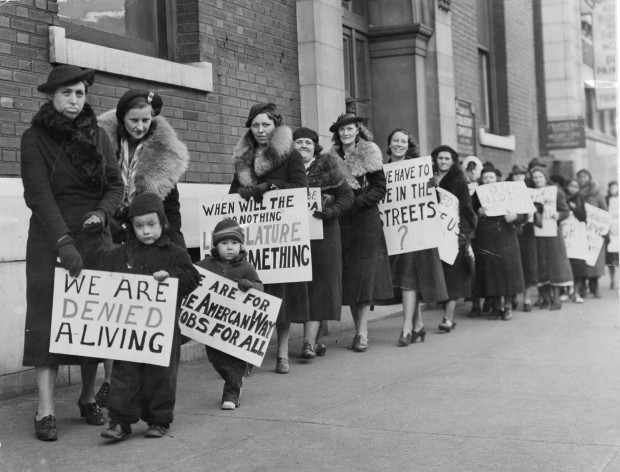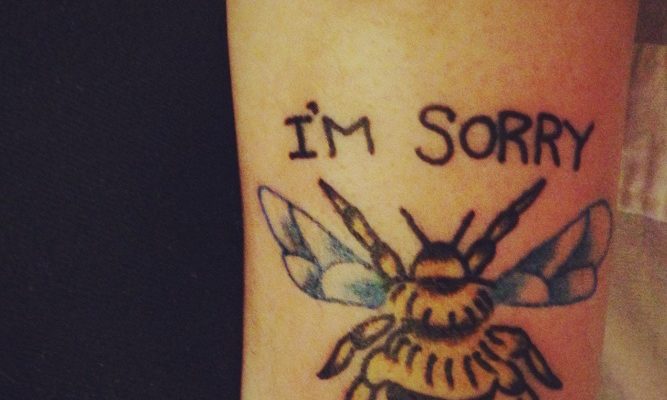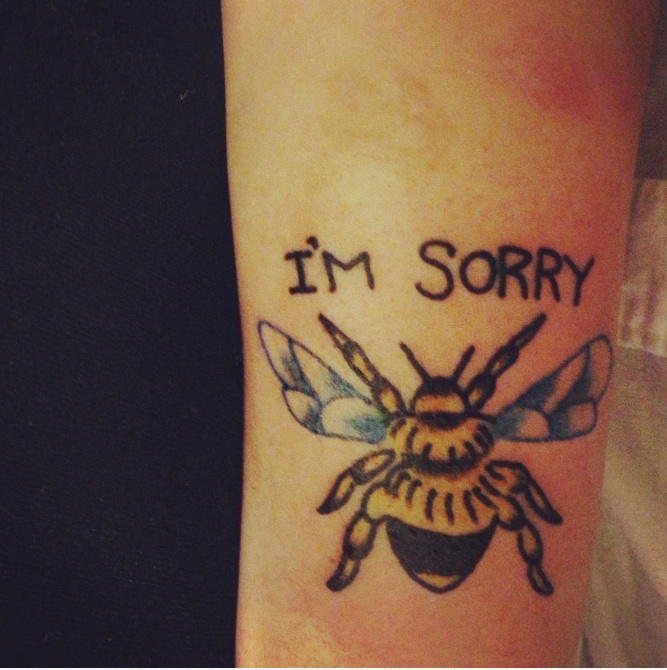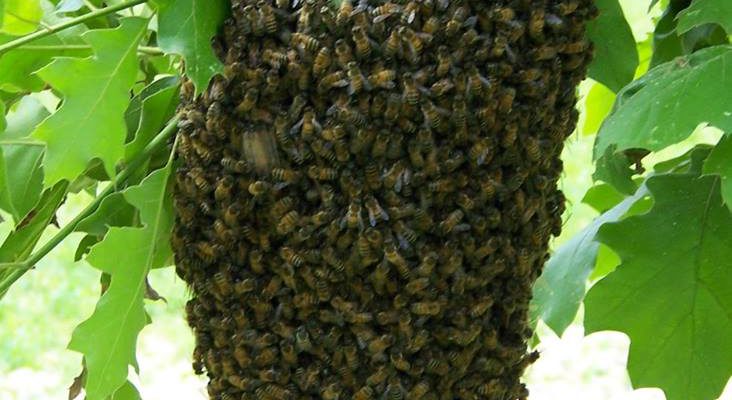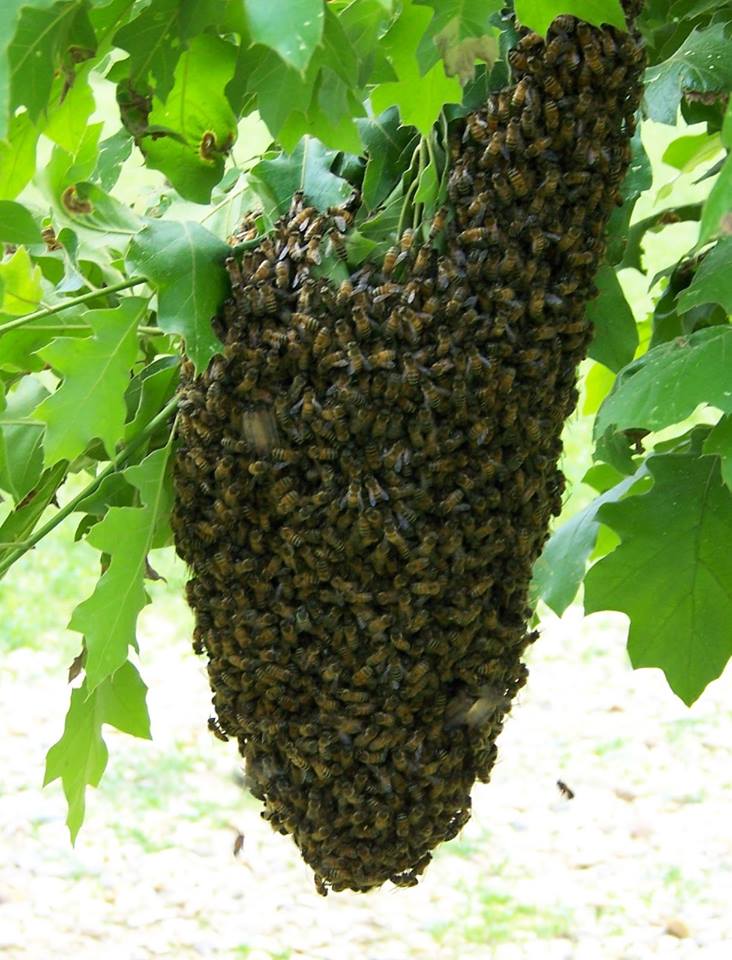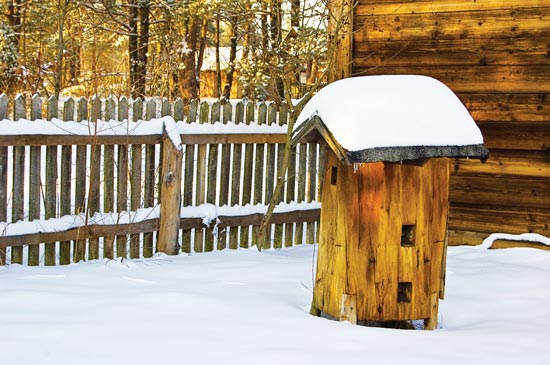My friend Sarah Brown interviewed me for her “Failing Forward” podcast which resulted in this mini episode about beekeeping…the “failing” parts aren’t explicit here, but believe me, failure undergirds it all.
Very listenable at 6ish-minutes long.
Also, in this image you can see my favorite Quoddy Ringboots (they don’t touch the floor because at 5’3″, I’m shorter than I sound). They are the most comfortable shoes you can imagine. Ever. In the world.




